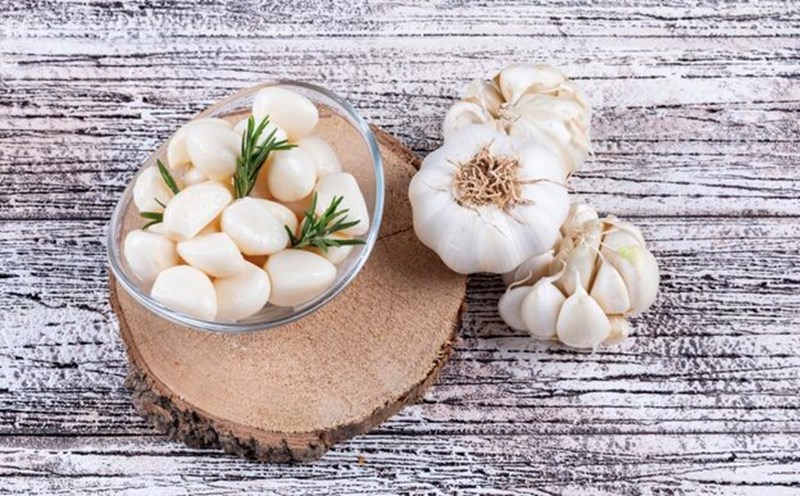In addition to taking medication as prescribed by a doctor, changing your diet is a sustainable and natural solution. In particular, some familiar vegetables in daily meals have the ability to effectively support cholesterol reduction without causing side effects.
Spinach ( spinach)
Spinach contains a large amount of lutein, a carotenoid that can prevent LDL (bad cholesterol) from sticking to the artery walls. According to the American Heart Association (AHA), consuming 1/2 cup of spinach per day can help prevent atherosclerosis.
Lutein in spinach not only has antioxidant effects but also reduces cholesterol accumulation in the blood, a major risk factor for heart disease, says Dr. Penny Kris-Etherton, a nutritionist at the University of Pennsylvania.
Okra
This pickled vegetable is not only good for digestion but is also a "squartering" for cholesterol. Okra contains pectin, a type of soluble fiber that helps reduce cholesterol absorption in the small intestine and promotes excretion through stool.
A study published in the American Journal of Clinical Nutrition shows that eating okra regularly can significantly reduce LDL levels in people with high cholesterol.
Small cabbage
This vegetable is rich in fiber and sulfur compounds that can increase liver detoxification enzymes and support fat metabolism. Brussels sprouts also help reduce total cholesterol by stimulating the liver to produce bile acids, which need to use cholesterol to create.
Dr. Michael Greger, author of the book How Not to Die, commented: Brussels sprouts are one of the most powerful cruciferous vegetables in reducing inflammation and controlling blood lipids. Just add a few cups a week, you will see positive results after a few months".
Celery
Not only refreshing, celery also contains phthalides, which are plant compounds that help relax smooth muscles in the blood vessels and reduce blood pressure. In addition, the insoluble fiber in celery helps reduce cholesterol absorption in the intestines.
Research from the University of Chicago shows that eating two sets of celery per day can help reduce cholesterol levels by up to 7%.
Eggplant
With a foaming texture and rich in fiber, eggplant is a great vegetable for people who need to control blood lipids. Eggplant contains nasunin, an antioxidant that can protect blood vessel walls from damage caused by bad cholesterol.
A diet high in vegetables like eggplant and low in saturated fat can make a big difference in total and LDL cholesterol levels, says Dr David Katz, a preventive medicine expert at the Yale-Griffin Health Initiative.










